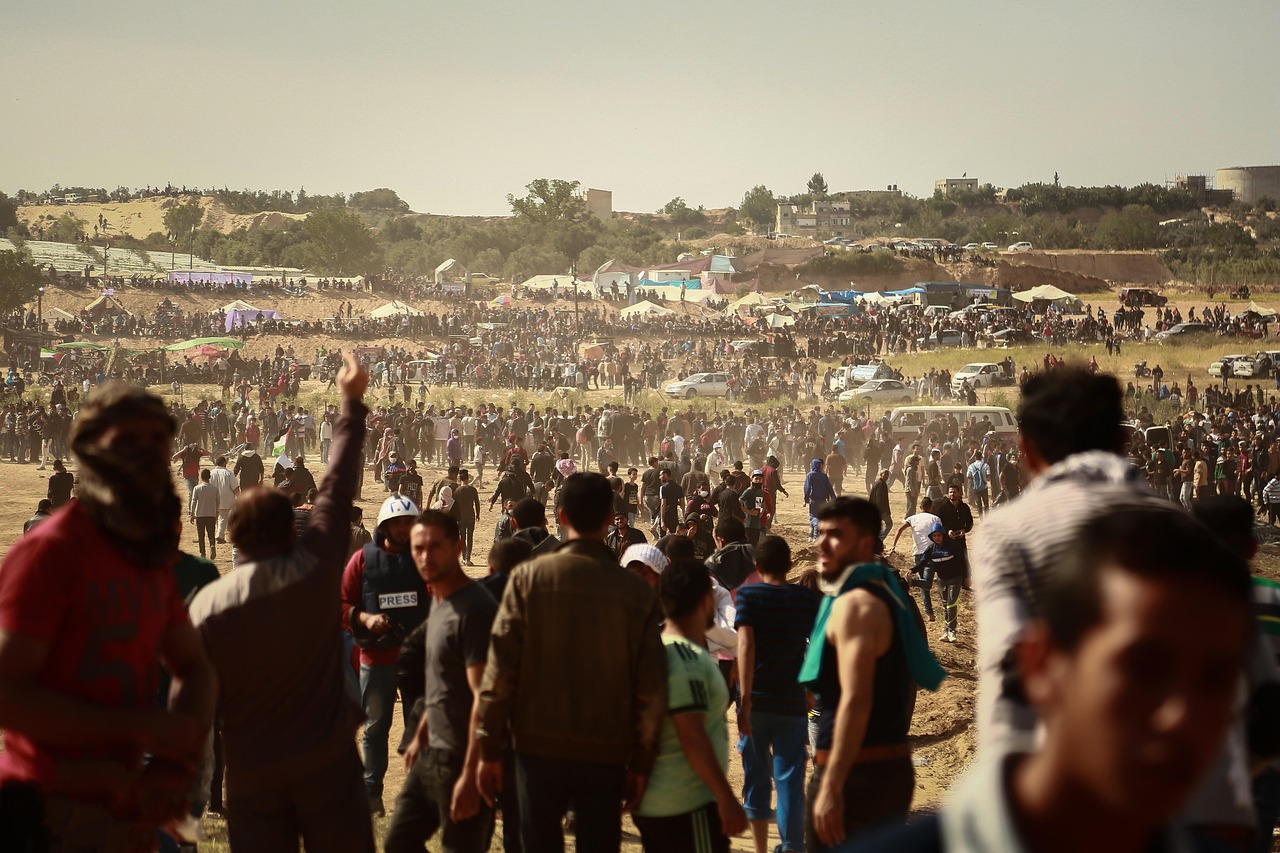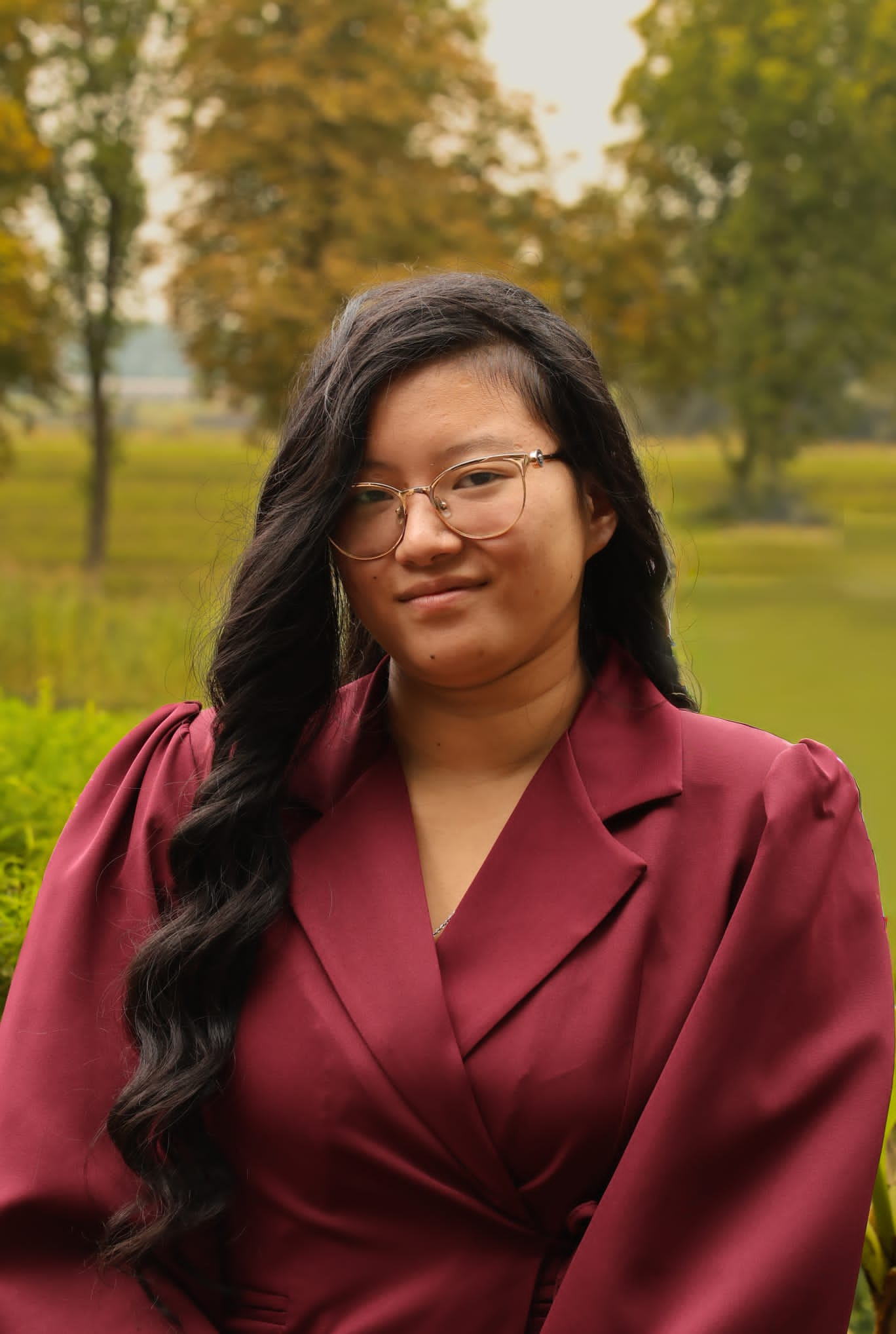
On a late Friday afternoon, the phone rings from Tel Aviv, Israel. There is a tense silence during the first few seconds of the phone call, as if something significant is about to unfold. “We don’t have the same luxury as the civilians in the Netherlands. We just can’t think the same way; otherwise, it would be our death.” Avi, an Israeli man based in Tel Aviv, lives in the heart of a country that is stuck in a chaotic combat. “Every day I wake up with a lot of frustration. This war has to end!” Avi shares his story about what it’s like to be an ordinary citizen in Israel.
The current terror between Israel and Hamas started almost two years ago. It is a complicated situation; some people still refer to it as a war, while others argue that point is long past. The United Nations has even declared that the war has escalated into a genocide. “If you kidnap an Israeli, all hell will break loose in your country. We will always stand united as one front. Without each other, we are too vulnerable. That’s a fact that every Israeli citizen knows.” Avi mentions that this mentality developed rapidly after the mass murders of Jews during the Second World War.
More than 42,000 Palestinian civilians have been killed since the seventh of October. “I am aware of the high death rate in Gaza.” Avi paused while speaking. “Sorry, this will forever make me emotional.” One sigh, and a thought later he spoke further on: “There are so many death people in Gaza, it makes most Israeli citizens extremely uncomfortable. Even though there is at this moment no other way to destroy Hamas. If we leave now, Hamas will grow back bigger and stronger,” Avi’s voice turns sharp and serious. “I want to live in a country where my two daughters can live safely, without the constant fear of being kidnapped. Hamas is nothing but a terrible danger to both Israeli and Palestinian civilians.”
Avi is against the current far-right government of Israel. “It’s easier to be proud of my country. However, I am only proud that we managed to stay strong after the seventh of October. Among Israeli civilians, there was a fear that we could not handle the situation.” Every day, thousands of demonstrators are out and about in Tel Aviv, protesting directly against Netanyahu and his government. Avi is one of the many demonstrators. “Left-and right-wing citizens concur that this war is now dragging on too long. I am so tired,” Avi’s tone sounds desperate. He expresses his awareness that the Palestinians are not universally extremists nor uniformly behind Hamas. “They are just like us: most of them want to feed their children, live in peace and some even want to work in Israel. I strongly believe that Gaza and the West Bank should belong to the Palestinian population. It is not totally impossible to turn that into reality. However, Hamas needs to put their arm down first.”
A senior Hamas-leader: Osama Hamdan, told a journalist that Hamas is willing to consider a long Hudna. Hudna is an Arabic word that means a long temporary ceasefire. “If the Israeli government agrees to this, then I, Avi, will immigrate to a different country. If we stop this war, it has to be peaceful forever!” Avi’s tone carries strict authority, as though he were addressing a large crowd. “Temporary peace will do more harm than good. My biggest fear is that after a Hudna we won’t be able to stop Hamas anymore.”
Avi sees the international criticism evolving on the news. He wants to ask a tough question to everyone in a Western country: “If a terrorist organization is based next to your country; raping woman, setting people on fire, killing your beloved ones, what would you do? Would you tell your government that it is okay to stop fighting, even though you would never see your children again?”
“If you reflect on the history of the Netherlands, it endured both World War I and World War II. Those were horrific times, but now you are a part of the European Union. Dutch civilians now finally experience peace and freedom after many years of suffering. I am optimistic that something similar will happen in my country. Israel is currently the only country with a Western democracy in the Middle East. The world has to know that the current war is not against our neighbors; Israel is fighting for its freedom against extreme Muslims.”
Avi asks to close the article with this particular sentence: “If any European country had said in 1945 that one day there would be a European Union, no one would have believed it. I hope that ten years from now, we will be able to say the same about the Middle East.”
